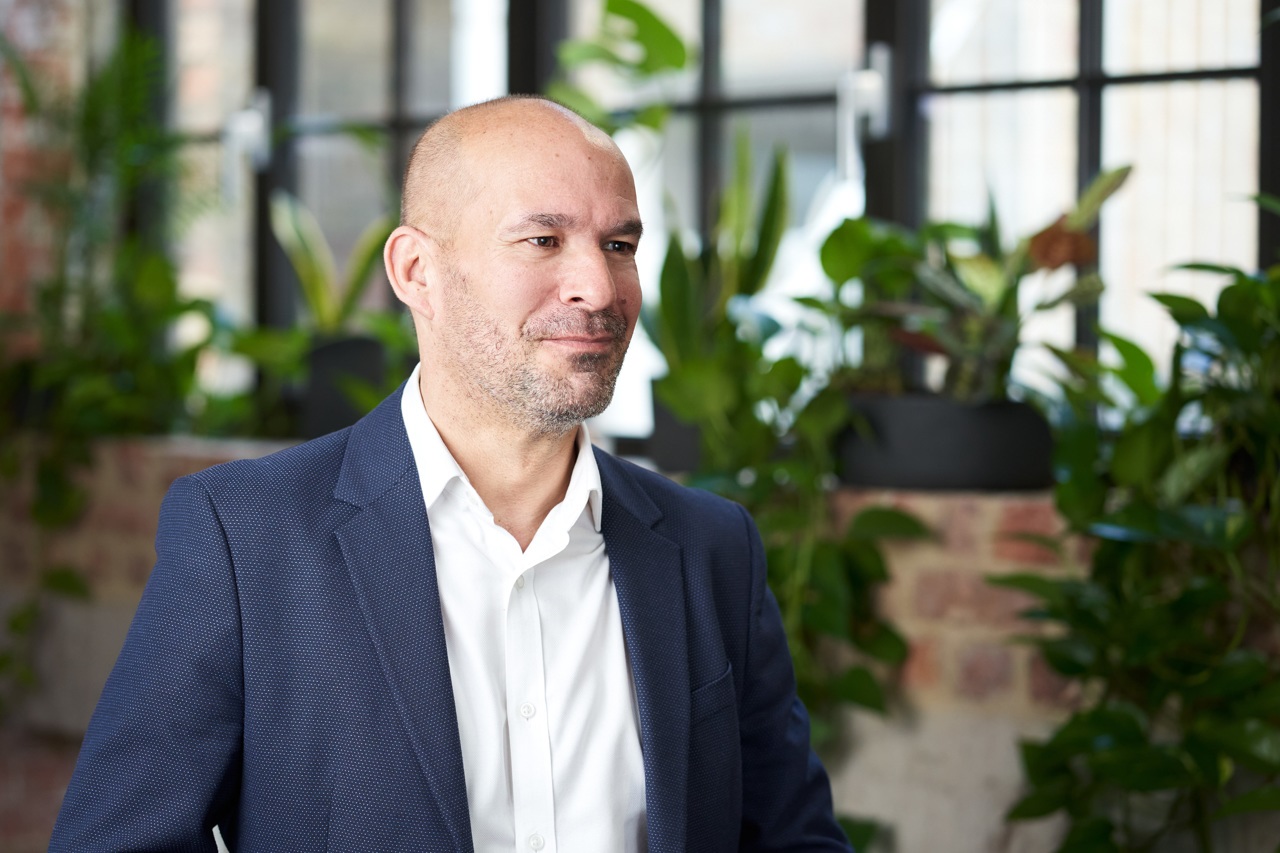Construction Leader: Mark Farmer on why the construction sector still needs to ‘Modernise or Die’

Mark Farmer
With only 30 days to go until the Scottish Construction Summit, keynote speaker Mark Farmer tells Colin Cardwell about his introduction to construction, his efforts to effect strategic change and his call to arms for the audience in Glasgow.
Mark Farmer is eagerly anticipating his next visit to Glasgow. It will be a significant one for the UK construction industry expert who is the keynote speaker at this year’s Scottish Construction Summit, convened by Scottish Construction Now on September 17 at the Technology and Innovation Centre, University of Strathclyde in Glasgow.
Mr Farmer has more than 30 years of experience in construction and real estate and is a recognised international commentator on a variety of industry and policy-related issues.
He is known to many as the author of the Farmer Review, an influential 2016 independent government appraisal of the UK’s construction labour model, while between 2019 and 2023, he was appointed as the UK government’s Champion for Modern Methods of Construction in Housebuilding.
In May, he stepped down as chief executive of Cast, the consultancy of which he was a founder, but continues to sit on the board of the firm.
Back in 2016, The Farmer Review concluded with the stark warning that the construction sector must ‘modernise or die’. He continues to advocate industry modernisation and reform, particularly around training and apprenticeships and while recognising the impact of economic downturns on the industry, highlights the importance of government support for social housing and infrastructure.
A Londoner, he attributes his introduction to the industry to his father, who was a stonemason. “As a kid growing up, I remember helping my dad on construction sites, particularly at the weekends (when health and safety wasn’t so tightly regulated),” he says.
“I got the bug early: my dad was always passionate about pointing out the London buildings that he’d worked on and that’s something that I’ve taken with me into the industry in terms of looking out at the jobs over the years I’ve been involved with, and feeling the a sense of achievement which is only something that happens if you work in construction.”
Mr Farmer graduated in Quantity Surveying at Kingston University, and his authority within the industry later led to his being appointed an honorary professor at The University of Salford’s School of Built Environment. He also holds honorary doctorates from the University of The Built Environment College of Estate Management based in Reading and the University of Wolverhampton.
He says that for the past decade at least, his ambition has been to effect change at a strategic level. “I’ve been very fortunate to have been involved in discussions with government and when it asked me to work on the review of the industry in 2016 it gave me a platform to talk on a bigger stage about how we’re going to confront the challenges the industry faces.
“And, more importantly, to identify opportunities to make a positive difference, to modernise the industry and do things differently – because sometimes we make life hard for ourselves in construction,” he says wryly.
“To be an advocate for positive change, modernisation, innovation in technology and re-skilling the workforce has been a huge privilege, and I don’t take it lightly. It’s also been a great chance to meet people all over the world and through that I’ve developed an international network and that continues to drive me.”
At Cast, when co-founder and chairman Keith Brooks retired, Mr Farmer decided to take the opportunity to also step back as CEO but remain on the board. “It was an opportunity to effect the beginning of a measured transition to a new ownership and board structure that will take the firm through the next ten years,” he explains.
“That transition has been pretty seamless. It involved moving my focus from the day-to-day management of the business internally to much more of an outward-facing role, which I enjoy in terms of driving the strategy for the business and driving growth, including in Scotland.”
In May, Cast announced that director Chris Kerr would be relocating to Scotland and will be its location lead in a new Edinburgh office. The firm has already been operating in Scotland with a project currently on site as part of the Leith Docks regeneration, where it is helping manage a major new build to rent scheme for its client, Goodstone Living.
“We’ve been involved in the Scottish market for the past five to ten years and I sat on the advisory board of what was the Construction Scotland Innovation Centre. That had given me an inside track to the Scottish market and I knew that the appetite for modernising how delivery happens in construction is high there though there are many of the same challenges as there are south of the border.
“It made sense to put our flag in the ground and to establish ourselves properly in the market. We already have a network we can build on, which is great. And I think the potential for making an impact with everything we stand for is high – as it has been increasingly not just in England but in Australia and in Canada,” he adds.
When speaking at the Scottish Construction Summit, he says he will highlight the skills crisis in construction. “We currently have an opportunity for the industry to think differently about how we attract and train young people.
“We lose far too many potential employees on the way into the industry. And then how do we make sure that everyone, including people that have been in it for a long time, have the right skills in what is a rapidly changing market?”
He believes the pipeline of talent into the industry is not as effective as it should be, and while there are many young people over the age of 16 doing construction-related courses in colleges, there is a subsequent fall away in terms of how many of those can find paid apprenticeship programmes in industry.
In the area of workforce reform, Mr Farmer offered a more recent report for government, which was published earlier this year. “I was asked to lead the Arms-Length Body (ALB) review of the Construction and Engineering Construction Industry Training Boards, and it was clear that training, apprenticeships and the funding to support that are very relevant items for discussion in Scotland.”
He also has some positive notes about the industry, which he believes has nurtured many resilient businesses with talented leaders. “As a proving ground for entrepreneurship, the construction industry is second to none. You can go as far as you want to and you’re capable of because there are no glass ceilings anywhere.
“There are, moreover, a core of businesses that are used to the fact that we work in a cyclical boom and bust industry where, as soon as a recession arrives, construction spend is one of the first things to be turned off. Many experienced people have got used navigating those ups and downs and have adapted their businesses accordingly.”
However, in the post-Covid cycle, he fears that with both a downturn in private sector output and government-funded construction, including housebuilding, more pressure is being exerted on the industry.
“Obviously, the private market is always going to operate in cycles, but government should be thinking much more about protecting the long-term health of construction, enabling it to manage its workload better,” he maintains.
“We must be honest about the issues we have and how we go about solving them. Everything I said in my report, 2016 still stands – we just need the right economic backdrop to enable people to get out of their current mode of survivalism and day-to-day trading and start to think about the future again.”
It’s a call to arms that will be among several Mr Farmer will be challenging the audience with at the Glasgow summit on September 17 – and which will resonate with many.
Mark Farmer is a founder and board member of Cast, the highly respected construction consultancy providing solutions for developers, investors, policymakers and the supply chain.
The Scottish Construction Summit is supported by headline sponsor SPI Piling alongside McLaughlin & Harvey, ValoremFirst, t.i. dynamic facades and CITB. For more information and to buy tickets, click here.














